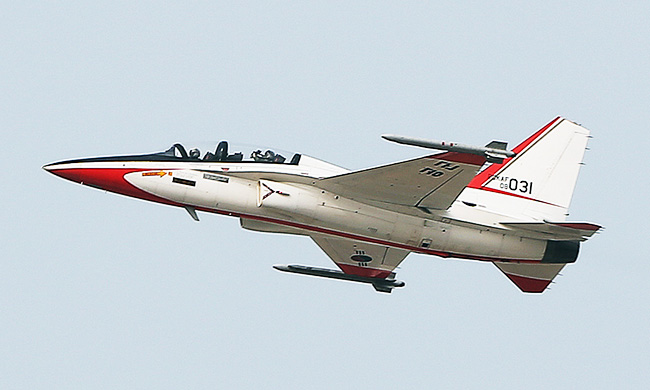RIA Novosti
14:27 07/10/2012
SEOUL, October 7 (RIA Novosti) - South Korea has reached a new missile deal with the United States, allowing Seoul to develop longer-range ballistic missiles capable of striking all of North Korea with stronger warheads, Yonhap news agency reported on Sunday.
“The agreement, known as the ‘missile guideline,’ calls for extending the maximum range of South Korean ballistic missiles from the current 300 kilometers to 800 kilometers, a distance long enough to reach the northern tip of North Korea,” the agency quoted presidential security aide Chun Yung-woo as saying.
The new agreement is seen in South Korea as a breakthrough amid constant threats from the communist nation.
The new deal also allows South Korea to load its ballistic missiles with warheads heavier than the current limit of 500 kilograms on condition that their ranges decrease in proportion, another key part of the agreement known as a "trade-off" clause, Chun said.
The deal also increases the maximum load weight for a South Korean unmanned aerial vehicle to 2.5 tons from the current 500 kilograms, which is also significant because unmanned aircraft can be loaded with weapons for attacking purposes.
"The most important purpose our government placed on revising the missile guideline lies in deterring armed provocations by North Korea. We will secure effective and various means to incapacitate North Korea's nuclear and missile capabilities and safeguard the lives and safety of our people if North Korea launches armed attacks," Chun told reporters.
Warheads of up to 1.5 tons can be put on missiles if the range remains at 300 km, Chun added.
South Korea and the United States first signed the missile range agreement in 1979 over concern about missile proliferation. The deal initially put a 180 km cap on the ranges of South Korean missiles and restricted the maximum payload weight to 500 kg.
The range limit was extended to 300 km when the deal was last revised in 2001 in exchange for Seoul's accession to the Missile Technology Control Regime.
http://www.globalsecurity.org/wmd/library/news/rok/2012/rok-121007-rianovosti01.htm?_m=3n.002a.625.dd0ao031i6.kfv

























